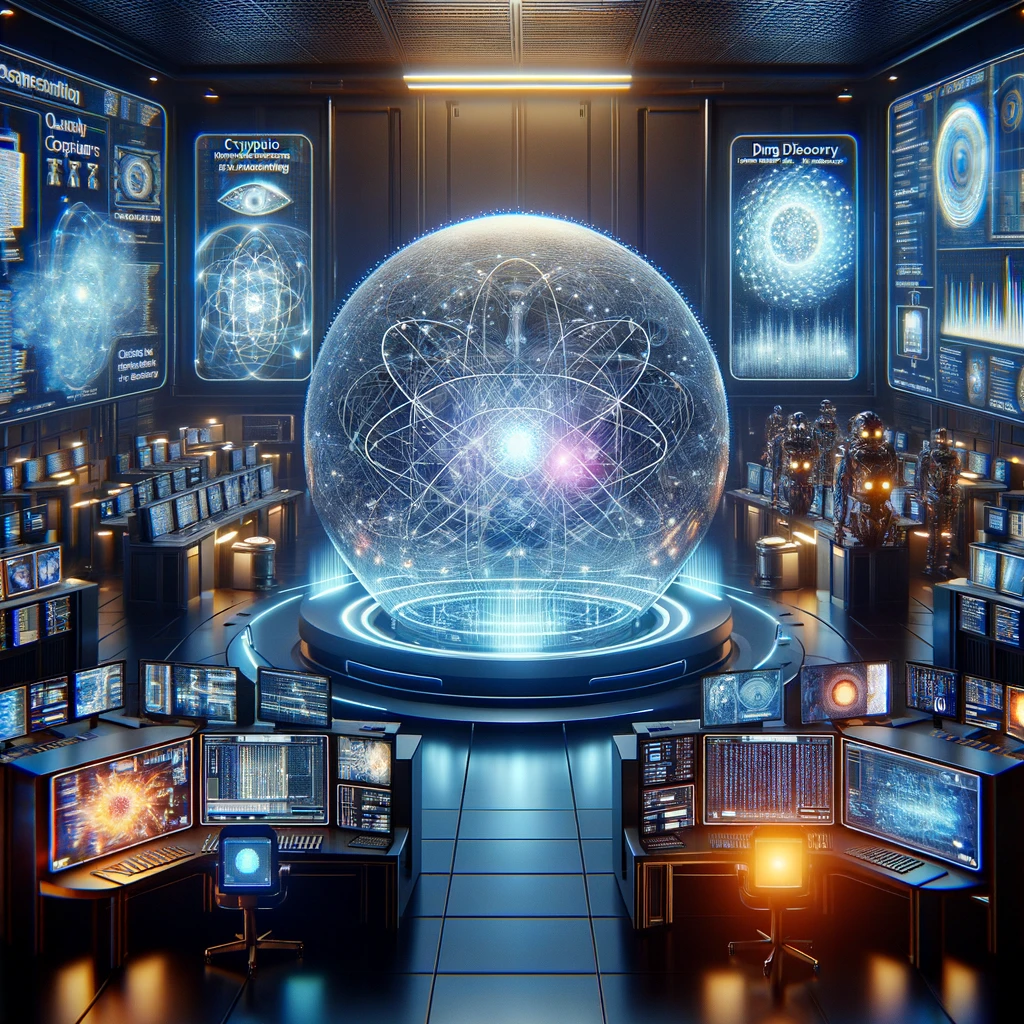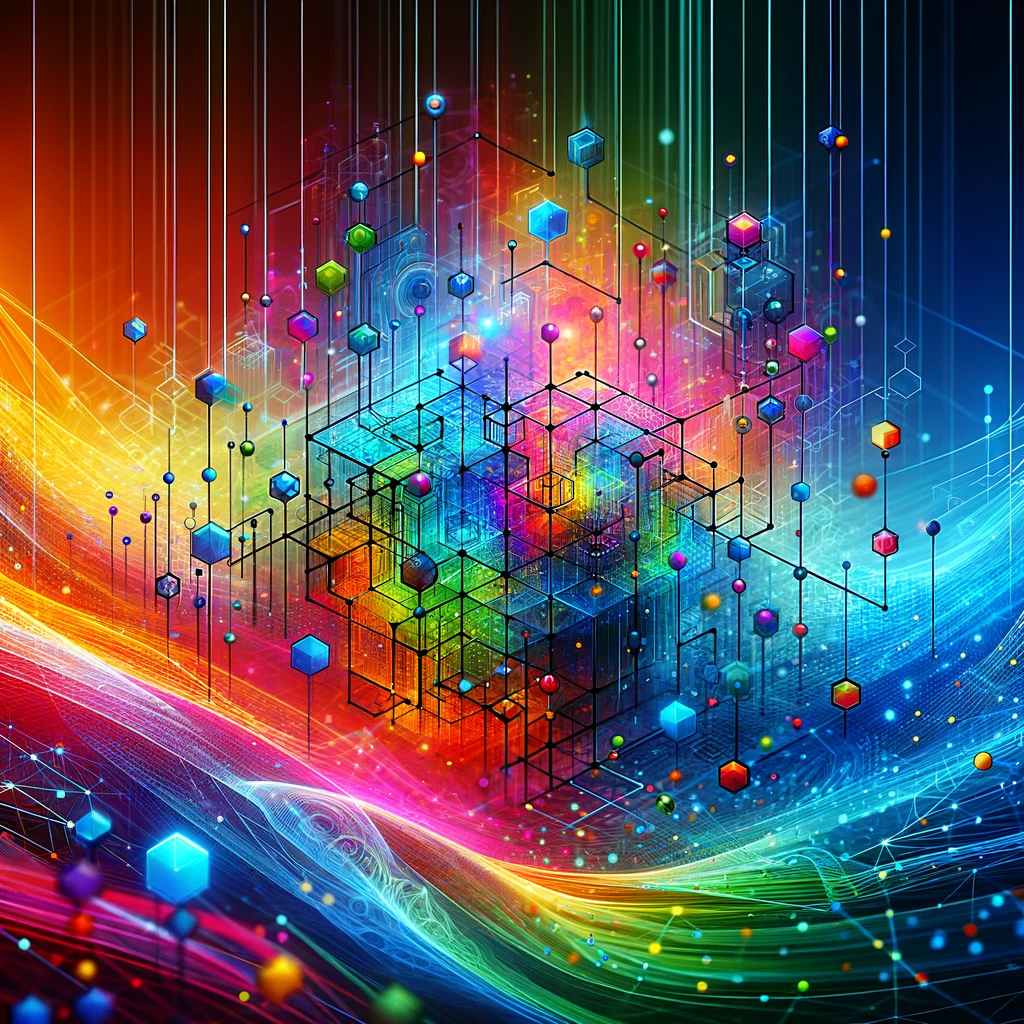Unleashing the Future: The Synergy of Quantum Computing and Artificial Intelligence
Quantum computing and artificial intelligence (AI) are two cutting-edge fields of technology that have the potential to revolutionize a wide range of industries, from cryptography to drug discovery, financial modeling, and beyond. Here’s an overview of both, and how they intersect:
Quantum Computing
Quantum computing is a type of computing that takes advantage of the quantum states of subatomic particles to store information. Unlike classical computers, which use bits as the smallest unit of information (with each bit being a 1 or a 0), quantum computers use quantum bits, or qubits. Qubits can represent and store information in a combination of 0 and 1 simultaneously, thanks to a principle called superposition. Furthermore, qubits can be entangled, a quantum phenomenon that allows them to be instantly correlated with each other, no matter the distance separating them. This could potentially enable quantum computers to process complex problems much faster than classical computers.
Artificial Intelligence (AI)
Artificial Intelligence refers to the simulation of human intelligence in machines that are programmed to think like humans and mimic their actions. The term may also be applied to any machine that exhibits traits associated with a human mind such as learning and problem-solving. AI systems are used in a broad range of fields, including medical diagnosis, stock trading, robot control, law, remote sensing, scientific discovery, and more.
Intersection of Quantum Computing and AI
The intersection of quantum computing and AI is a particularly exciting area of research, as quantum computing has the potential to significantly enhance the capabilities of AI. Here are a few ways how:
Speeding Up Machine Learning Algorithms: Quantum computing could dramatically increase the speed of certain machine learning algorithms. For example, algorithms that require a vast amount of computations could benefit from quantum acceleration.
Handling Complex Problems: Quantum computers, through their ability to hold and process a vast amount of data simultaneously, could help in solving complex optimization problems much faster than traditional computers, which is beneficial for AI applications that require finding optimal solutions from a vast search space.
Improving AI Models: Quantum algorithms could potentially improve the efficiency of training AI models, especially deep learning networks, by enabling faster adjustments to the weights and biases in the network.
Enhanced Security: Quantum computing could also offer new ways to secure AI systems through quantum encryption methods, making them more resistant to hacking and espionage.
Despite the potential, it’s important to note that quantum computing is still in its early stages, with many technical challenges to overcome before it can be widely applied to enhance AI. Current quantum computers have a limited number of qubits and are prone to errors. Researchers are actively working on improving the stability and scalability of quantum computers, which will be crucial for their application in AI and beyond.
#QuantumComputing #ArtificialIntelligence #MachineLearning #QuantumAI #TechInnovation #FutureTech #QuantumAlgorithms #AIEnhancement #QuantumSpeed #AIResearch #QuantumSecurity #DeepLearning #OptimizationProblems #TechRevolution #QuantumTechnology #philipmatusiak #drmdevelopment




